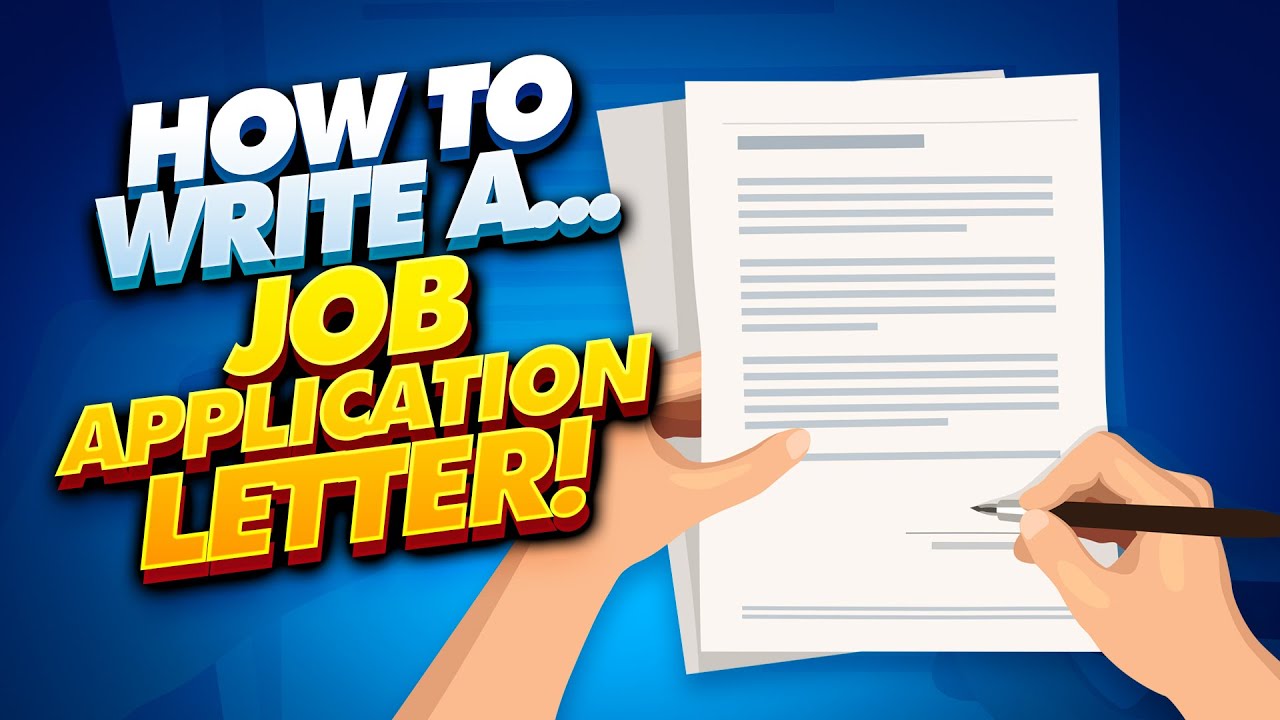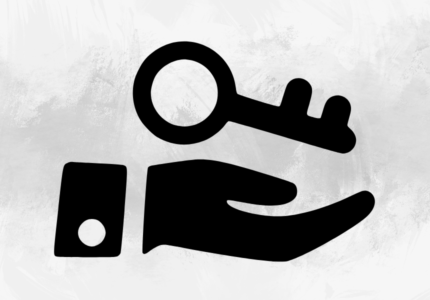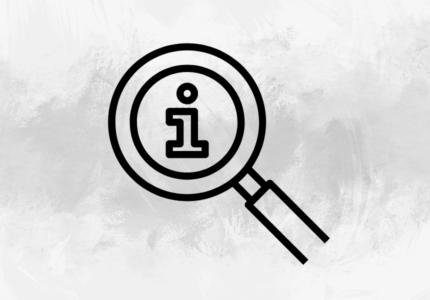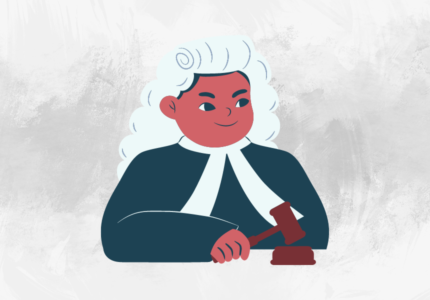
1. DESSERT YOUR LETTERS
Send professional letters Do not send generic letters. Make sure your letters are professional and clean. An insult to the reader would be anything but an ink blot. This would indicate that you don’t want to retype the letter and that it is not worth your time. It could also indicate that you don’t value order in your personal life or at work. Because employers expect professional, orderly staff members, recruiters spend a lot of time helping job seekers dress appropriately for interviews. These are the characteristics that your letter should portray. You should not let any letter appear like a standard letter. You should not make it seem like you are writing the same letter to many employers, even if you are. Instead, make it seem like you’re writing a letter to one person because you feel that they are the perfect match for you and your employer. Employers won’t be impressed by standard phrases like “I want work for your company”, especially if you don’t mention the name of the company. You must give a reason why you want to work at a particular firm. It is important to state it.
2. MAKE IT STAND OUT- ZOOM IN
Make your letter stand out from your resume. Your resume should be strong. It will give all the information an interviewer needs. If your resume is weak, professional resume writers, software programs and books can help strengthen it. Don’t just reprint your resume in letter format. Zoom in on the most important points of your resume. You can also combine information from your resume to create an overview statement. Summarize your benefits, such as “solid employment record”, “extensive experience in a particular industry” or “proven track records.” Your reader should form a positive impression of you before they meet. This summary should be a positive impression of you that your next employer will gain by hiring you over someone else. Your unique qualities may be different from other candidates. You should use language that conveys who you are. Don’t be afraid of using your sense of humor professionally.
3. REPONSE TO YOUR AD… DO NOT DO THIS!
Use standard openings. Many believe that one type of letter is acceptable in business: one that follows a standard outline. Effective letters are the only acceptable type in business. A letter that is effective accomplishes your goal, which, in the case for job hunting letters, would be to stand out among your competitors. This goal is in mind so why not send a letter that mirrors the letters of your competition? Your letter must be different from others in order to stand out among the rest. You can grab the attention of the reader immediately by opening your letter with a new opening, e.g. You’re looking for someone who is self-motivated to work in the financial industry — I can help you! You also successfully incorporated information from the advertisement into your opening to indicate that the letter was written to respond to a specific ad, and not a generic letter. Don’t open your letter with a generic, predetermined statement. Spend some time analyzing the needs of the person you are writing to. You don’t have to be outrageous, foolish or outlandish. You can make unique and informative letter openings with thought and practice that grab attention and convey a message.
4. KEEP IT SIMPLE SETTED
Write a letter to a person and not a letter. Many people believe that a letter should sound businesslike.
It is using jargon-filled, pompous language. Your letter must be professional. It should be professional but also interesting and appealing. Include relevant facts and concise language to create a business-friendly letter. Make sure you use correct spellings and present your letter in a professional manner. Use the same tone as you would during an interview to make your letter attractive. If you don’t have the time to use a thesaurus, replace ordinary words with more complex ones. As if you are writing to a person, write with this attitude. This person could be your next boss, your next boss, or a human resource executive. But, it should still be a person. Try to imagine the person you are writing about before you start. Make sure you say the points loudly, as if you were speaking to someone in person. Then write them down. These ideas can be distilled into sentences that are as natural as your speech. Your interviewer will be looking for the person she introduced you to in your letter. It has to be you.
5. FOCUS ON YOUR PROSPECTIVE EMPLOYER
Focus on your potential employer’s needs. What should you include in your resume? Me. Me. Me. Me. Me. Me. Me. Me. Me. Use your letter to address the needs and concerns of your next employer. Your thoughts should be focused on your next boss. Your prospective employer expects that you will meet her daily needs. What is your job objective or what you are looking for in a job, and why should she care? She will pay you for your specific contribution to improving profits, performance, and productivity. Tell her in the letter how you will accomplish this. Letters that highlight their strengths and the benefits they bring to the company, department, team or supervisor where they will be working are a winning strategy for job seekers.





